Overcoming Two Biases in Our Climate Communications
What makes us think we can survive the climate crisis? Certainly, a large portion of our country isn’t concerned. One of our political parties has their heads in the sand or some other place. Of course we are an optimistic species. But it got me wondering at the intractableness of changing the hearts and minds of our fellow citizens. What happens when we think about the future?
I remember, early in my career, I had a mentor (my boss at the time) who asked me where I wanted to be in 5 years. I suspected his question was a trick, and gave him the standard BS response that I wanted to have his job. Previously he’d recognized that I was a nascent strategic thinker and he’d been guiding me along those lines. I’m not sure how he put up with my impertinence, but he listened and then asked me, “What makes you think my job will be here in 5 years… or the company for that matter?” This jolted me.
I liked the company, we were doing good things, and quite frankly, I didn’t want to look for another job at the time. These tendencies clouded my judgment. He was cautioning me against a normalcy bias. This bias causes people to underestimate the possibility of disruptive events and their potential impact. We all manifest it.
We think the company will always be there. Mine lasted 10 years. We think that because we had a college opportunity, our kids will as well. Or we think that we’ll always be able to wipe our butts with toilet paper because that’s what we’ve always done. Then a pandemic comes along and disrupts the supply chain. The same bias applies to climate change. We think it doesn’t seem so bad. I’m pretty sure I’ll still be able to go to the lake next summer. It’s not going to affect my kids very much. Hmm. (Did anyone notice that the polar icecaps are melting? Does Santa know how to tread water?)
This bias is rampant among our leaders, especially conservative ones. Conservatives are, well, conservative. They want things to stay the same and are wary of change. They believe that being conservative helps protect our families, our tribes, and communities from doing dangerous things that change the status quo.
But it can create dangerous situations such as staying the course when threats are developing on the horizon. Or hoping they’ll go away, and that things just won’t change.
During times of disruption any society will manifest different approaches. One group might warn and plan for change or the threat, while another tries to ignore it or create diversions. But in times of great change we need leaders who are brave and forward looking. The other option is to ignore threats. History is replete with examples of bad judgements or responses to threats from British Prime Minister Neville Chamberlin (tried to make peace with Hitler) to President Donald Trump and the pandemic. (“It’s going to disappear… it’s going away.) The result of failure-to-change in the face of threats can be catastrophic. The fires in LA are one more example.
There’s another similar human bias that keeps us from seeing change. If we can’t see change, how can we respond? This is not willful ignorance. It’s called the shifting baseline bias.
I remember when I was a kid that the skies were bluer. Of course you might suggest that this is just a nostalgic and romanticized memory. This is likely the case. But it may also be the result of increased water vapor in the air due to increased temperatures or increased pollution. It really doesn’t matter. The point is that it’s very hard to see slow change. From year to year, and generation to generation, we constantly reset our baseline observations. We accept the current state of the world as normal. In the next pandemic, maybe we accept that a million or more people will die in the United States as just normal. Or in my current city of Atlanta, we used to have 7 days per year above 95 degrees in the last century, now it’s 23 days. Hotlanta is the new norm. Why would anyone be concerned that temperature is going up? It seems like it has always been hot. Climate change is happening at an alarming rate, yet our ability to see it suffers when we constantly shift our baseline.
There are some things we can do about overcoming these two biases when we communicate climate.
1. We need to do a better job of projecting the emotional impact of future change onto the present.
One of the best climate communication videos I’ve seen in this sense was developed by Science Moms. Please watch it here. Grab a tissue.
The video takes the current slow moving threat of climate change and magnifies its future physical and emotional impact on the present. It also effectively connects one of the prime motivators for action, concern for our families and the next generation to the threat of climate change. (See Potential Energy’s study that one climate message was significantly more powerful in moving people.)
2. We need to match our vision and solutions to the seriousness of the challenge.
People don’t like problems without solutions. They don’t like a challenge without a vision of how to get to a better future. So MLK Jr, didn’t say, “I have a problem!” He said, “I have a dream!” then outlined what it felt like for our children to live in a better future. This is a positive approach. We must acknowledge the scope and seriousness of the changing climate without just droning on about what a problem it is. Imagine if Science Moms had extended their video with something like, “and this is why I’m supporting clean energy in our town. And you can join me by <insert call to action.>”
3. We must tell our own personal stories.
Never use a fact or reason when a story will do. Nothing connects us faster than a story (i.e. a mother worrying about her child’s future.) It helps us share our values and helps others identify with those values. It helps create a shared and mutual identity. Is anyone who has children of a family not moved by the first person story of the Science Moms video?
We can be better climate communicators by being aware of our audience’s bias toward normalcy without being Cassandras. We can help our shifting baselines by telling stories some of which begin, “I wonder …” but finish with “that’s why I’m working so hard for my kids, our community and the next generation.”
Thanks for all you do.
We are all connected. Savor the Earth!’™
– Hobie,
L. Hobart Stocking
SkyWaterEarth.com
hobart@skywaterearth.com
(No AI used in this post.)

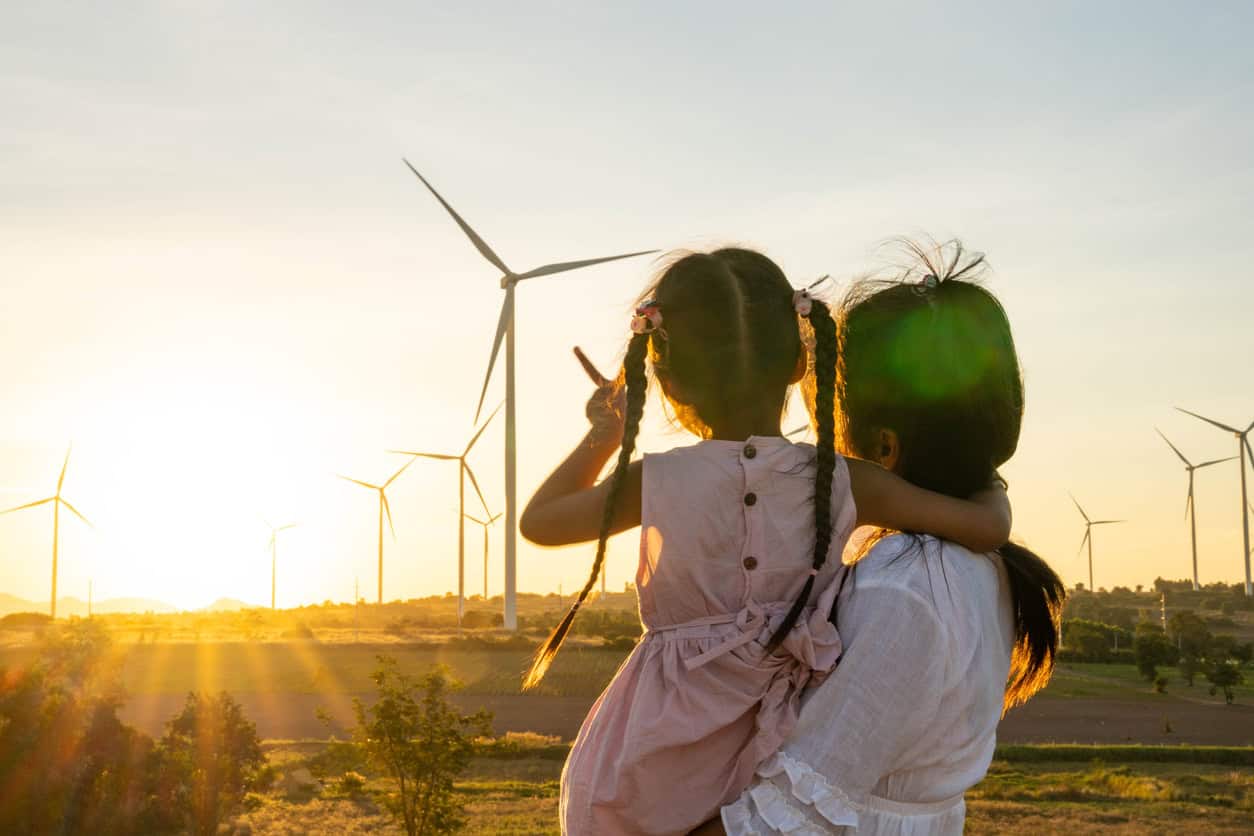

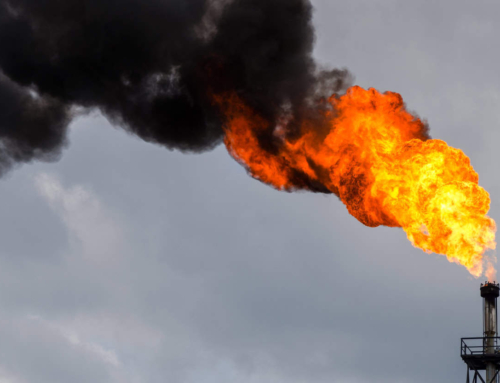
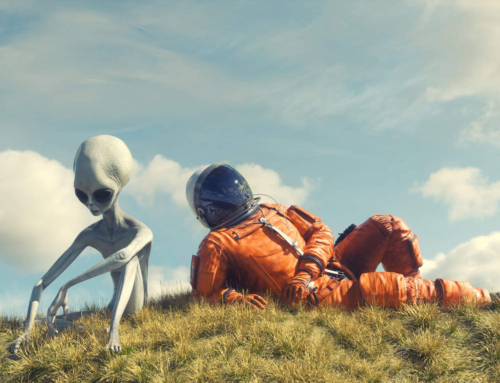
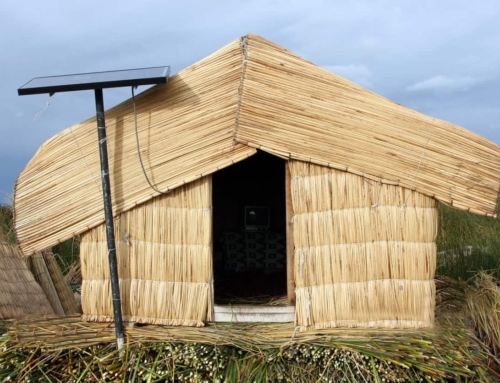
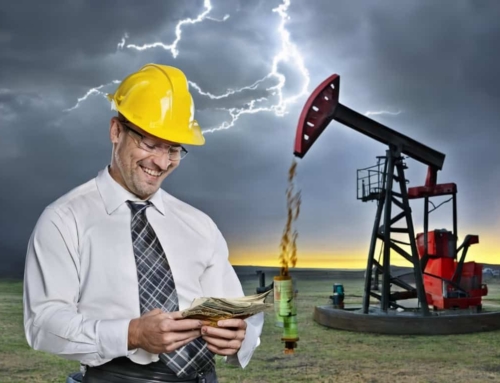
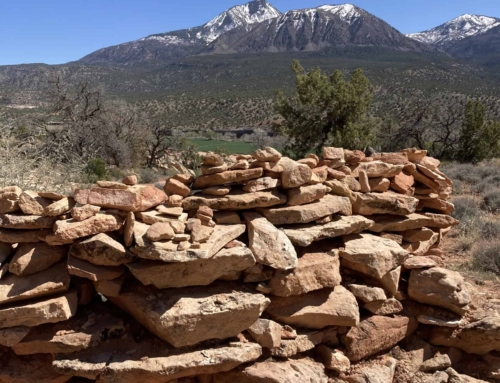
Leave A Comment